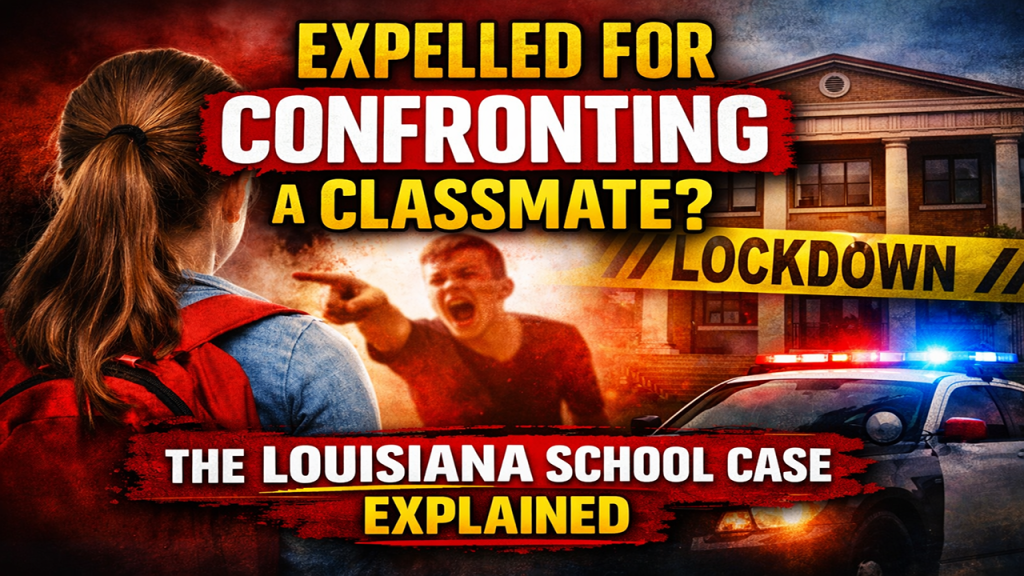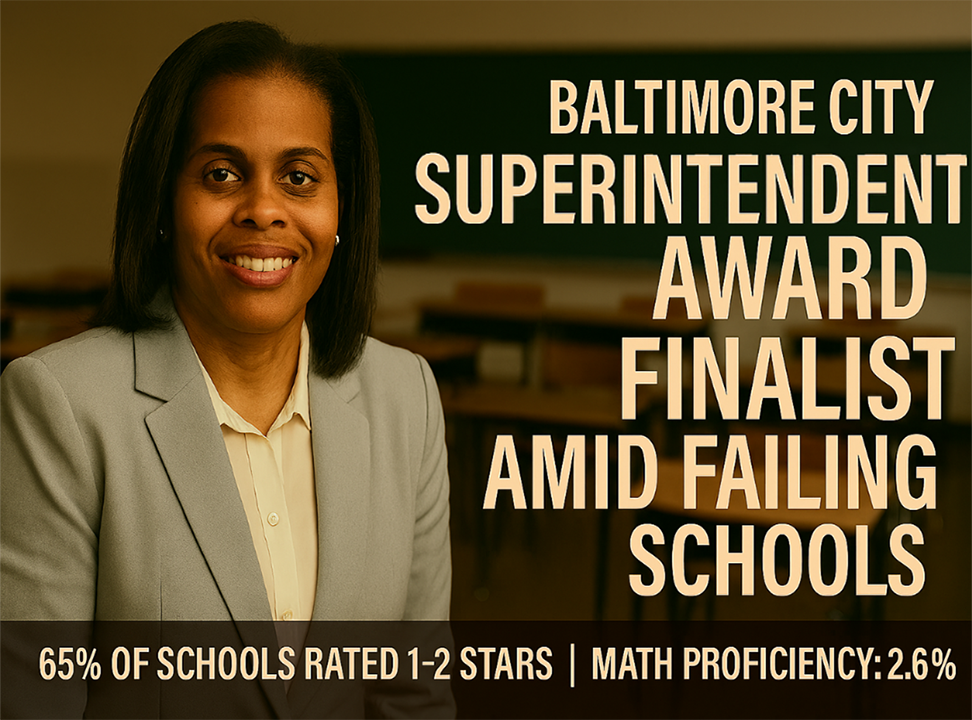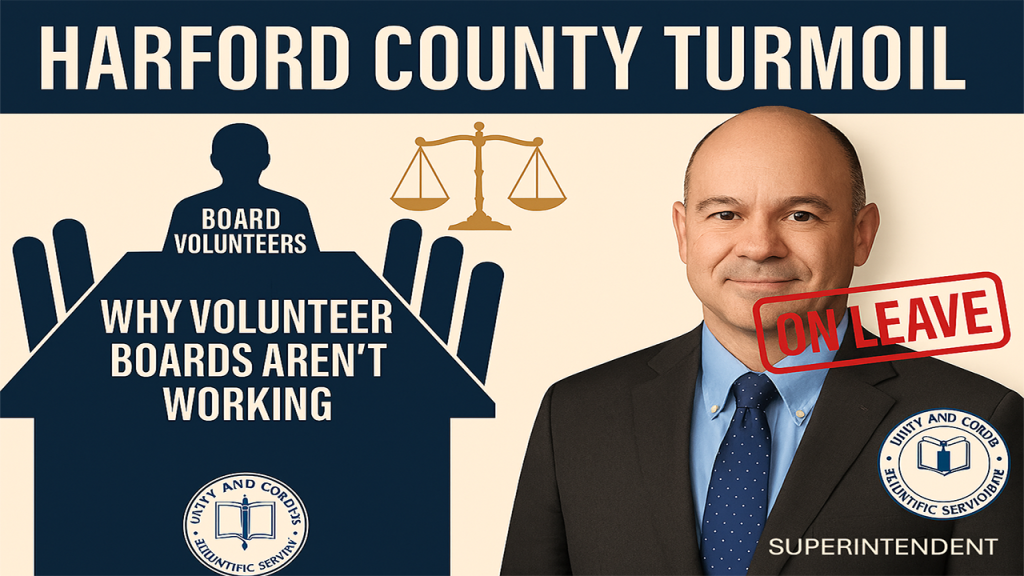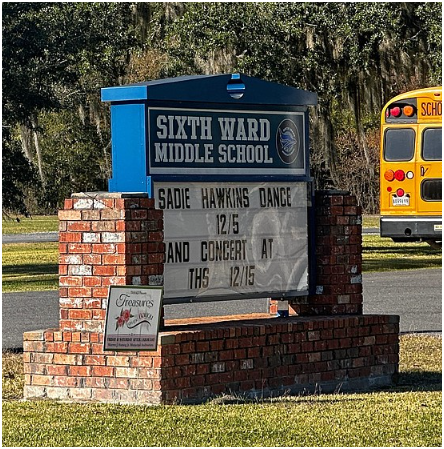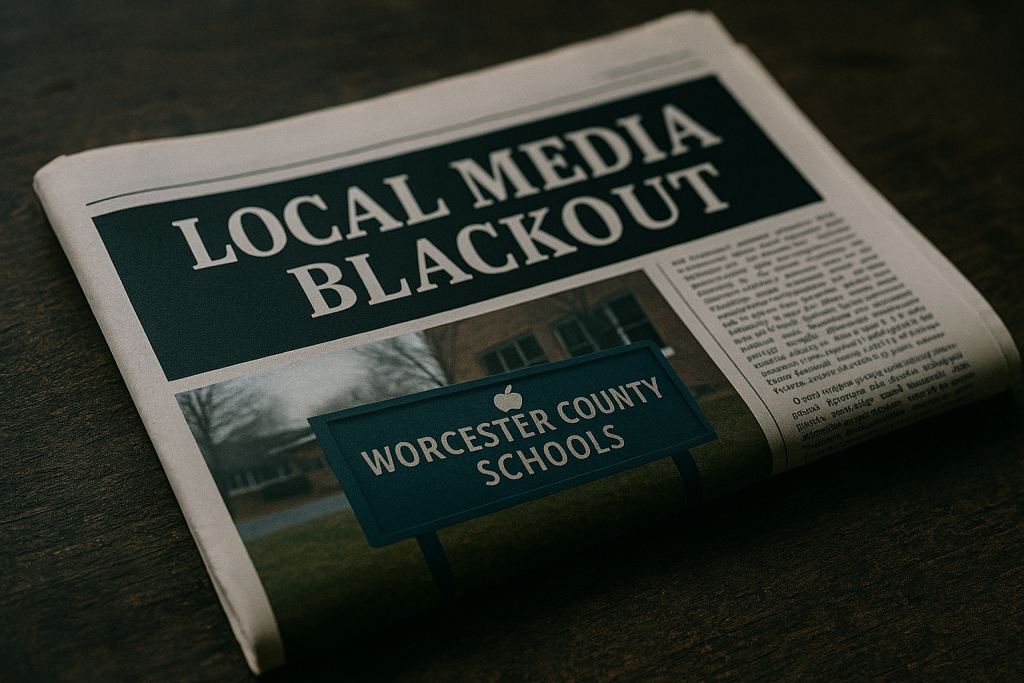
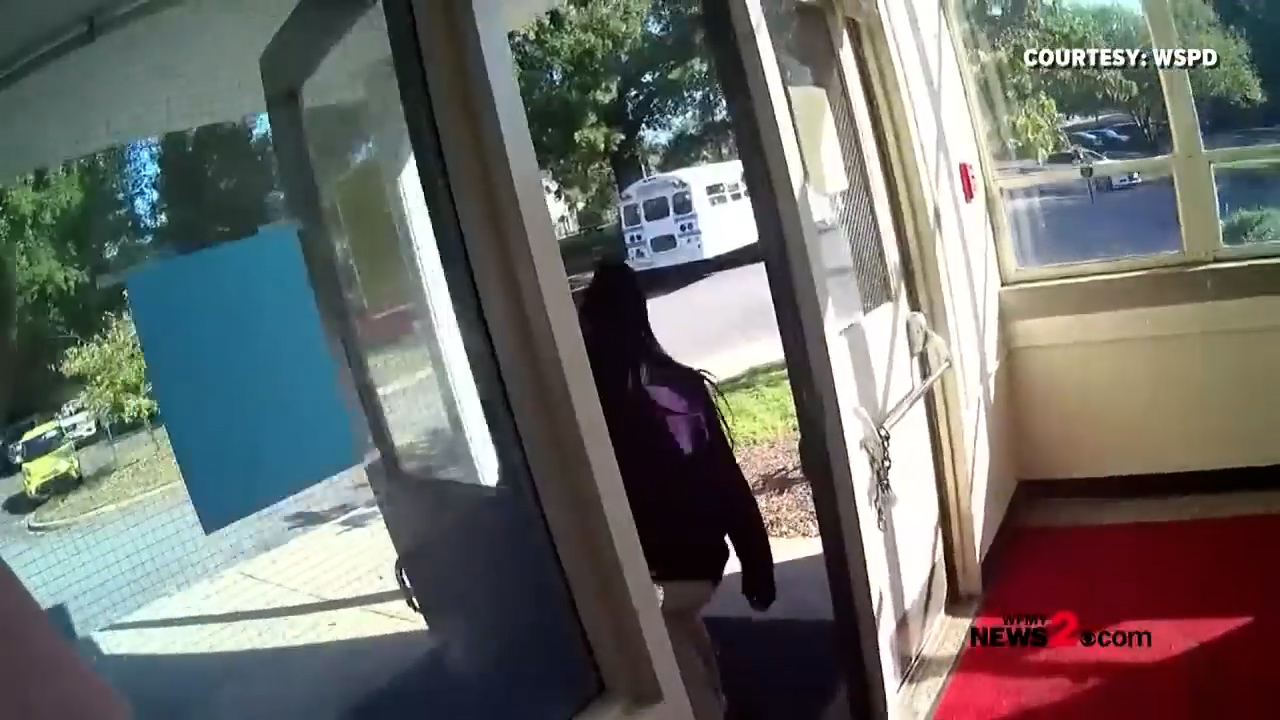
Student Arrested While Attempting to Leave: Analyzing the Hanes Magnet School Incident
Analyzing the Hanes Magnet School Incident
Introduction: A Hanes Magnet School in Winston -Salem NC, involving a School Resource Officer (SRO), a student, and a counselor raises questions about the roles and responsibilities outlined in the Memorandum of Understanding (MOU) between the school district and local law enforcement. The incident, which resulted in the arrest of a student, highlights potential misapplications of authority and underscores the need for clear policies and procedures regarding student discipline and elopement.
Incident Overview: The incident began when the SRO and a school counselor were investigating rumors of a possible fight involving a student. When the SRO attempted to speak with the student, she tried to leave the building. The SRO followed her into the parking lot, took her by the arm, and, after the student resisted, she was arrested. The SRO later informed the student’s mother that her child was arrested for disorderly conduct.
You can view the full incident here:
Key Issues: This situation brings several issues to light regarding the appropriate roles of school staff and SROs, particularly in non-criminal matters such as investigating rumors of fights and student elopement.
- Absence of an Administrator: One of the most glaring issues in this incident is the absence of a school administrator during the investigation. It is generally not the role of the SRO to investigate school-related incidents that do not involve a clear violation of the law. The investigation of rumors about a potential fight is a school function that should have been handled by an administrator, not the SRO. By taking on this role, the SRO was placed in a position that blurred the lines between law enforcement and school discipline, leading to an unnecessary escalation.
- Elopement as an Arrestable Offense: The question of whether leaving the building (elopement) is an arrestable offense is another critical point. Generally, elopement refers to a student leaving the school grounds without permission, which is a disciplinary issue rather than a criminal one. It is unclear why the SRO considered this action to warrant police intervention. Arresting a student for trying to leave the building, particularly in the absence of a clear legal violation, raises concerns about the appropriateness of the SRO’s actions. The MOU should clearly delineate the circumstances under which an SRO may intervene in cases of elopement, ensuring that students are not subjected to arrest without just cause.
- Policy on Elopement: This incident also highlights the need for a well-defined policy on handling student elopement. Schools and police must work together to develop procedures that address such situations appropriately. While elopement can be a serious concern, particularly if a student is at risk of harm, the response should be measured and proportional. In this case, it appears that the student did not break any laws, and the SRO’s decision to arrest her for disorderly conduct came from her resistance from being taken by the arm by the SRO. A more appropriate response might involve allowing school administrators to handle the situation within the school’s disciplinary framework.
Alternative Approaches the SRO Could Have Taken: The SRO could have employed several alternative approaches to handle the situation more effectively:
- Involving an Administrator: The SRO should have immediately involved a school administrator once the student attempted to leave. This would have ensured that the situation was handled as a school discipline issue, rather than a law enforcement matter. The administrator could have addressed the student’s concerns, potentially preventing the need for any further involvement from the SRO.
Throughout the incident, the SRO attempted to talk to and deescalate the situation. The student, however, was not interested in this. The SRO should have been a resource in this situation and not the main authority.
The incident involving the SRO at this school highlights the importance of adhering to the guidelines set forth in the MOU between schools and law enforcement. When SROs overstep their roles and become involved in matters that do not involve criminal activity, it can lead to unnecessary escalations and potentially harmful outcomes for students. Moving forward, it is essential for school districts and police departments to ensure that all staff members understand their roles and responsibilities, particularly in situations involving student discipline and elopement. By doing so, they can create a safer and more supportive environment for all students.
Dig Deeper With Our Longreads
Newsletter Sign up to get our best longform features, investigations, and thought-provoking essays, in your inbox every Sunday.
The MEN was founded by John Huber in the fall of 2020. It was founded to provide a platform for expert opinion and commentary on current issues that directly or indirectly affect education. All opinions are valued and accepted providing they are expressed in a professional manner. The Maryland Education Network consists of Blogs, Videos, and other interaction among the K-12 community.






